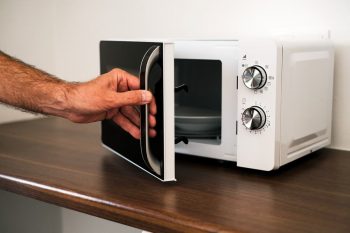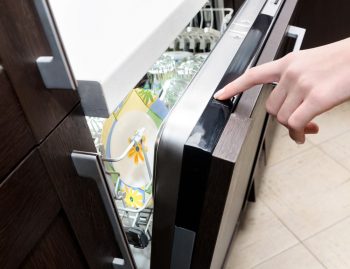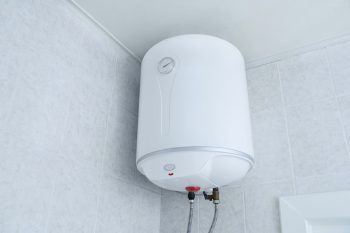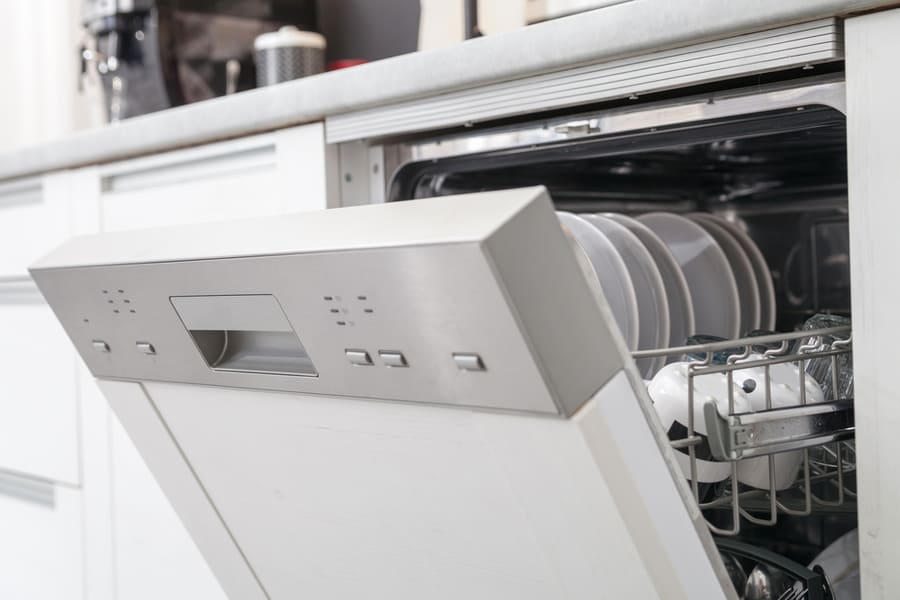
Doing the dishes is one job that people find very tasking. Little wonder about 80 million homes in the United States have a dishwasher.
However, statistics also show that 20 percent of these homes don’t use dishwashers. That’s surprising, but a more significant percentage of homes still use their dishwashers.
Equipment like dishwashers makes life easy, especially if you have a large family or run a hotel or restaurant. Now, having a dishwasher isn’t the issue. But you need to have one that’ll last.
This article will examine the average number of years a good dishwasher should last and outline some tips for extending their life expectancy.
- How long your dishwasher will last has more to do with you than you think.
- Depending on how you handle and maintain your dishwasher, you can expect it to last between five and ten years.
- To extend the life expectancy of your dishwasher, you should clean it regularly. Do not wash too many plates at once.
- Also, frequently check the traps, filter, and drainage for damages.
The sections below will discuss how long dishwashers last and some tips to extend their life expectancy.
How Long Do Dishwashers Last?
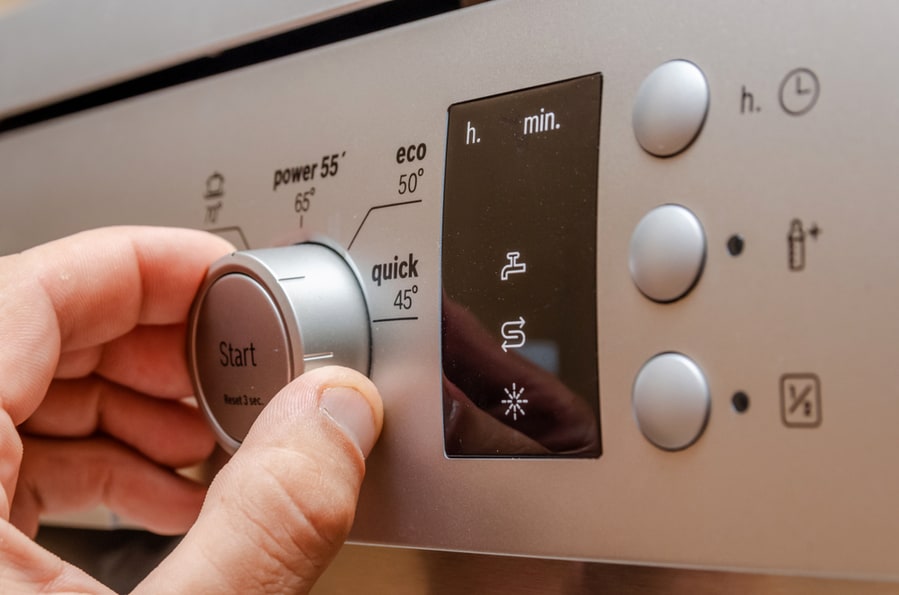
Statistics show dishwashers’ average lifespan in 2011 and 2022 was 11 and 9 years, respectively. So, it is safe to say that if you buy a dishwasher now, it should last for five to ten years.
Of course, you have a role in ensuring your dishwasher lasts long. It is almost like using a pressing iron. If you maltreat it, throw it around recklessly, or allow the kids to play with the wire, it won’t last.
Now that you know how long your dishwasher should last, consider how you can contribute to its lifespan.
Ways You Can Maintain the Lifespan of Your Dishwasher
It is different if you get a dishwasher now and it starts developing weird faults. But some homeowners don’t maintain their dishwashers the way they should.
Follow these five ways and watch your dishwasher stand the test of time:
1. Clean Up Your Dishwasher Regularly
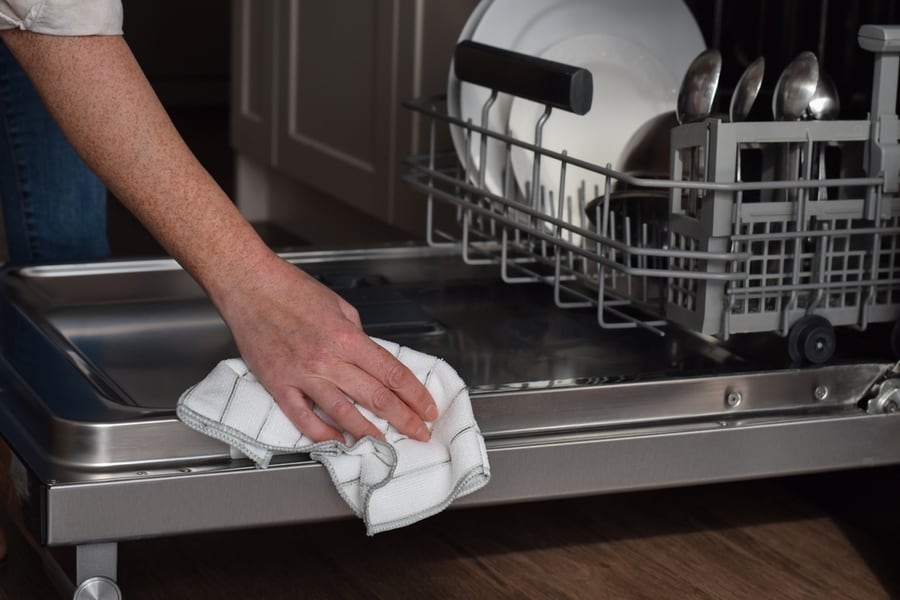
Your dishwasher cleans many dishes, and it needs some cleaning too. However, while washing tons of dirty plates, tiny particles, and debris may cling to the edges of the dishwasher.
Leave it and turn it on like you want to do the dishes. This process is usually called an empty cycle and helps clean out dirt from the dishwasher.
You can do this cleaning routine once a month, depending on how often you use the machine. But don’t overdo it. Cleaning your dishwasher often isn’t the best way to maintain it.
2. Ensure That the Door Seal Is Always Clean
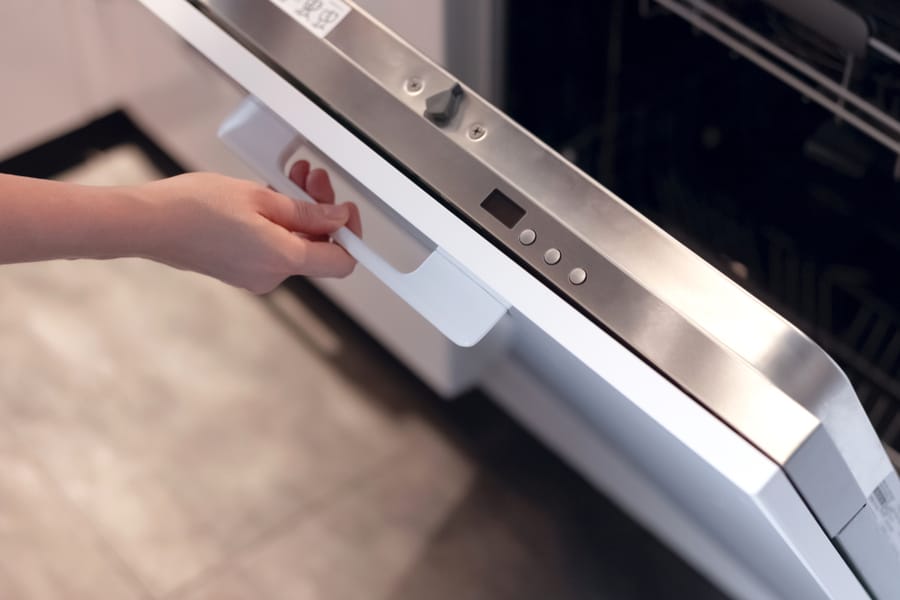
Food particles and germs may start clinging to the door seal as you continue using your dishwasher. One way to solve this issue is by cleaning the door seal often.
Don’t wait for the door seal to have so much dirt that it attracts molds or maggots. Instead, dip a clean towel into a mixture of soapy water and vinegar and clean the door seal.
Imagine opening the dishwasher only to inhale an appalling smell. It isn’t healthy at all. Besides, a dirty door seal may contaminate the plates if neglected, and someone can contract an infection.
3. Hire an Expert
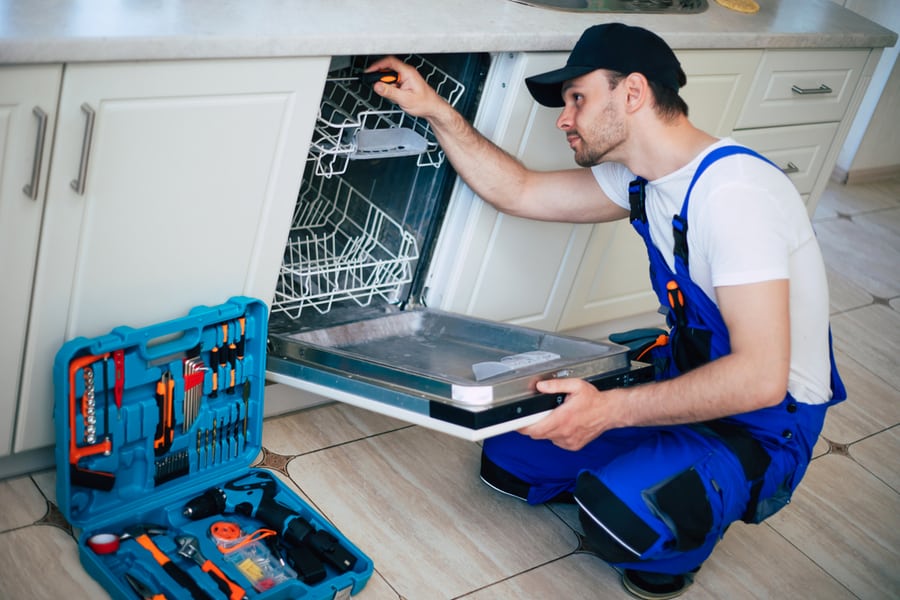
Some faults would demand that you hire someone with more skill and experience.
Call an expert if you notice things like:
- Sparks
- Leakages
- Weird sounds
- Smoke
- Failure of the machine.
It could be that you purchased a faulty dishwasher or an old one. Buying a dishwasher from a brand with a warranty is also best.
Doing so lets you contact their technicians, who know how best to operate the dishwasher. Frequent servicing of the dishwasher won’t also be a bad idea.
The experts can also give you more tips on properly managing the dishwasher.
4. Wash a Few Plates at a Time
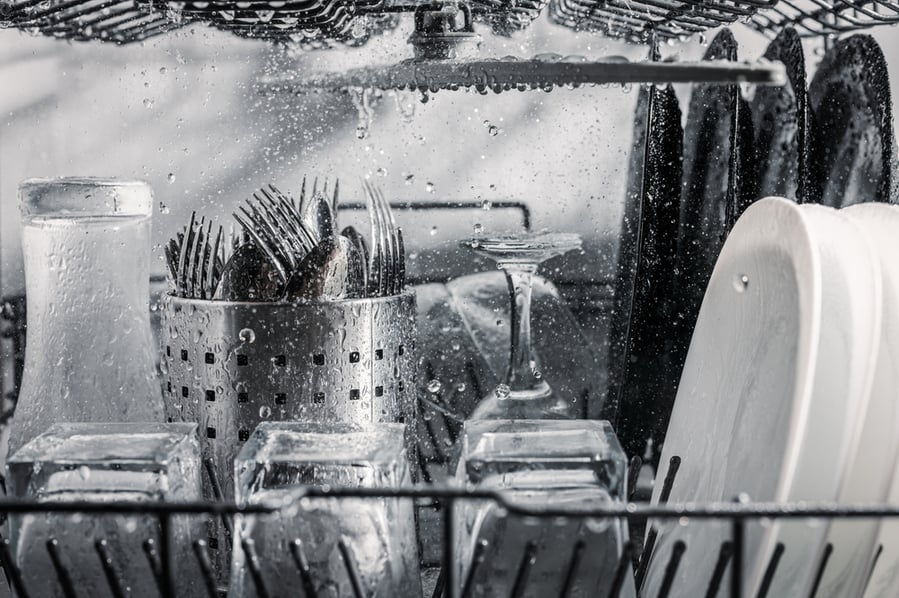
Being in a hurry is understandable, but it doesn’t mean that you should burden the dishwasher. On the contrary, putting in so many plates at a time will harm the machine more and shorten its lifespan.
Packing many plates into the dishwasher isn’t even a guarantee that they will be thoroughly washed. As a result, you may discover that some plates will be dirty after you finish.
The best thing to do is to put a few plates at a time. Also, it would be best if you took special care loading the plates into the dishwasher. Avoid throwing in plates recklessly.
Carefully arrange the plates into the machine; you would be surprised that a good number would fit in.
5. Always Check the Traps, Filters, and Drains
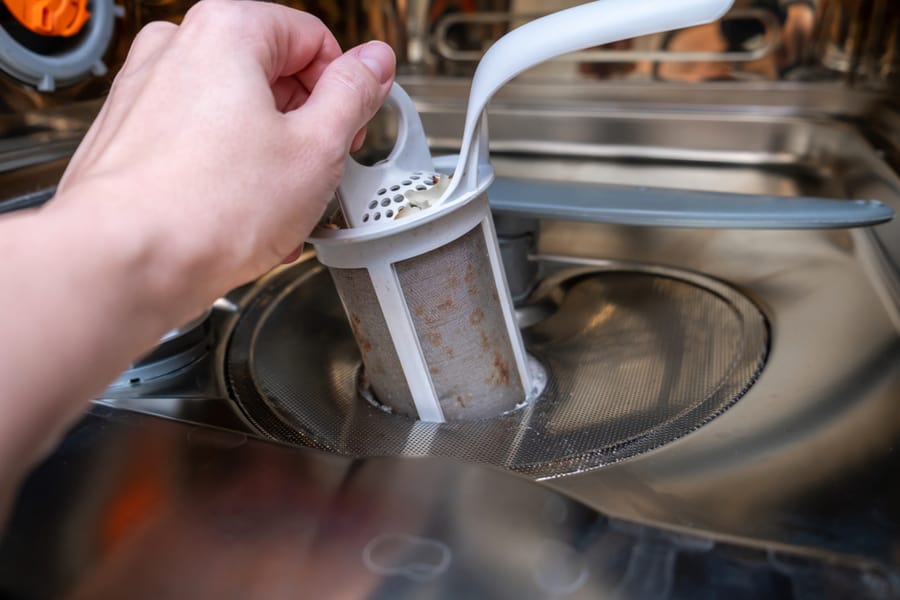
Dishwashers come with traps for collecting debris and filters/water ducts for separating particles from the water. The trap also prevents debris from blocking the drains.
One way to maintain your dishwasher’s lifespan is by often inspecting the traps and filters. For example, if you notice a decline in the flow of water, then the dishwasher trap may need some checks and cleaning.
Leaving the particles to pile up at the trap or filter may not be the best. Cleaning it often will reduce odors, germs, and clogging.
Conclusion
You can use the hot water option to control dirt and eliminate bacteria for an effective wash. The hot water option is also suitable for plates that have stayed in a particular place for a long time.
Remember also to use a good detergent and clean, soft water. If hard water is available in your area, you must also clean the dishwasher often.
The hard water stain may leave stains on the machine and won’t be so great. There you have it. Your dishwasher was built to last, but you have a role in making it happen.
Frequently Asked Questions
Can I Use My Dishwasher Every Day?
Not really, though. Besides, experts advise against doing so.
Using your dishwasher daily may affect its lifespan, and won’t last as long as it should.
Can I Repair My Dishwasher When It Is Faulty?
Of course, you can. You can call a technician when you notice loud sounds or if it refuses to turn on. The only time you should worry is when you fix it almost always.
Can I Dilute Hard Water With Salt?
Yes, you can use salt to dilute hard water in the dishwasher. However, ensure the salt is dishwasher salt.
You can also contact the machine brand for recommendations instead of DIY methods.

